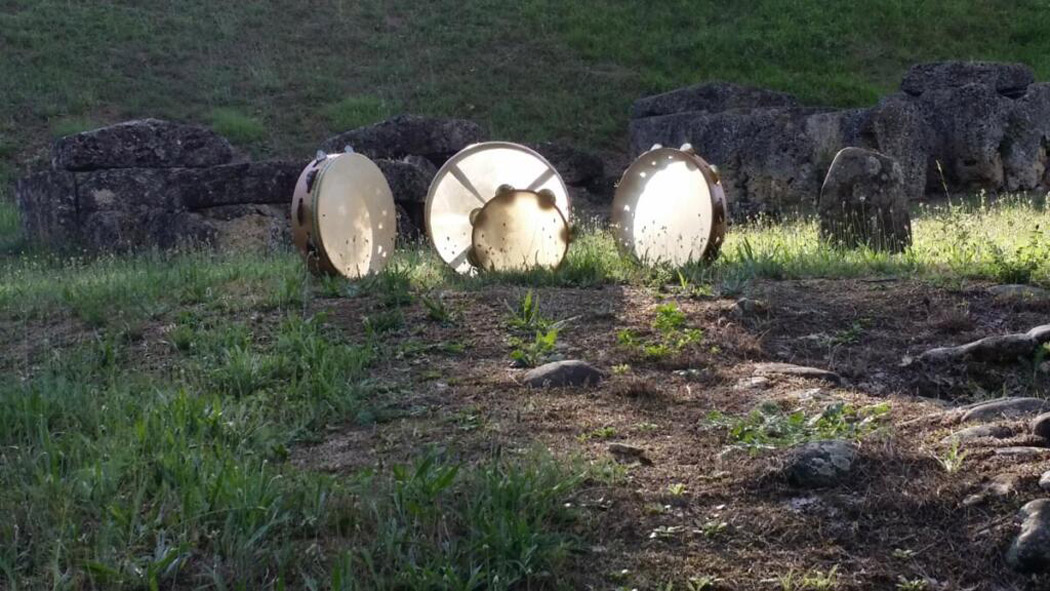We meet Daniel Mari at the black painted steel gates in San Felice Circeo, and on his invitation, follow him up the stone stairs to the open terraces, one shaded and the other accepting the late afternoon summer sun, dappled through the overhanging trees.
Daniel is a spritely man of indefinite age, he carries himself lightly. We gaze out over the azure Tyrrhenian sea below the villa and give thanks that this part of the Lazio coastline has been protected from rampant development, at least since the cautious period of villa building.
Daniel Mari was raised in Abruzzo, but schooled, in Latin, in Rome. After the war, in 1946, he emigrated to New York, to complete an interrupted education in a society that did not understand the experiences of a youth who had lived through the war. From one war to the next, he was drafted into the US Army and trained for all exigencies of a cold or tropical war for the Korean conflict, during which he was granted US citizenship.
On release, Daniel enjoyed his first real freedom, and was happy to find himself with the American modern artists in the Cedar Bar. Yet responsibility caught him, and on marrying he finally joined the family ‘string’ business with its line age going back to 1600 in Italy.
Daniel Mari was an excellent student of the business with complete knowledge of the manufacture of gut strings, from selecting the lambs gut arriving from the far reaches of the Earth and pickled in a barrel that has not seen heat till, to finally, stretching the twisted gut strings over a board and leaving them to dry slowly and evenly for a month.
The details roll of his tongue leaving an impression that this 2000 year old artisanal skill, on which the quality of sound for the ancient and medieval lutes depended, required attention and devotion.
We shared the joy that listening to a gut strung musical instrument can bring, the complexity of the gut strings providing sweet overtones and a softness of tones suited so well to a chamber recital and unlike the demands of the large concert halls filled with thousands of eager subscribers.
So what happened to this tradition? While aluminium and nylon strings entered the fray in the 30’s and 40’s and reduced the costs of manufacture while simplifying the sounds, these alone did not spell the end of Mari gut strings. The EPA, the environmental watchdog, introduced rules for sewage disposal that made it impossible for a gut string maker in New York to dispose of the waste.
Time waits for no man, and Mari has not stopped developing and making the best strings in the world, always seeking a pure sound, or even the tone that a particular instrumentalist may seek. Daniel Mari has had many famous musician friends and contacts, some, such as John Lennon and Jimi Hendrix, for whom he produced special strings.
We share famous names of musicians and conductors, Daniel discusses his joy in all Beethoven’s compositions, especially conducted by Furtwangler. Daniel Mari loves music, concerts for the guitar, violin concertos, but above all, opera, arising from his childhood in Italy. As a member of the Opera Club in New York and a founding supporter of the Lincoln Centre, he has a never ending story of arias, composers and singers.
Every August he ventures back to Italy to the summer home of his grandmother in San Felice Circeo, and here, next year, we plan to meet again to share the old and the new, smiling on reminiscences of relationships, operatic voice, and the joy of music for strings.







Follow us